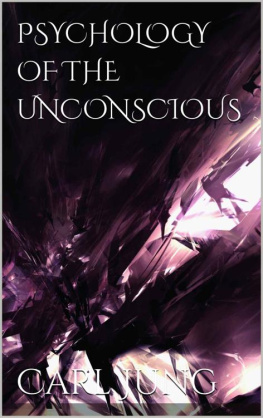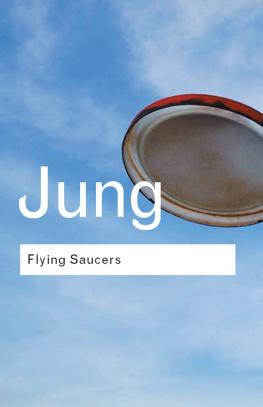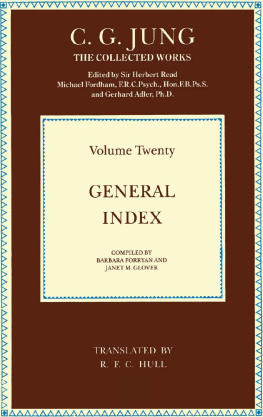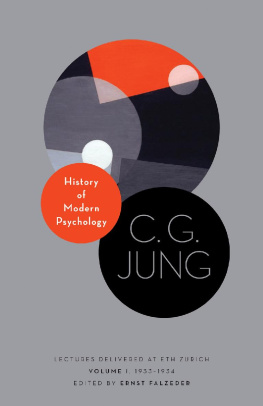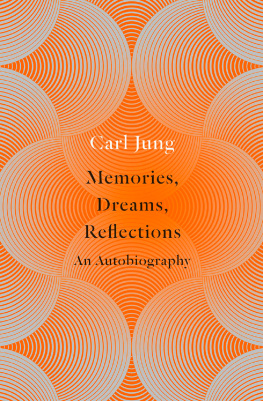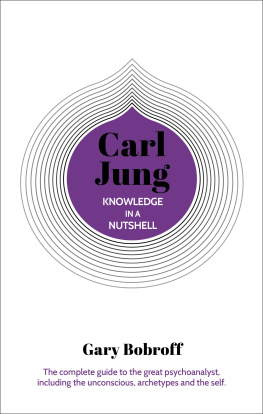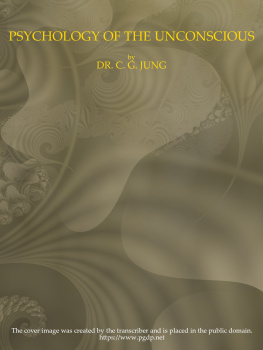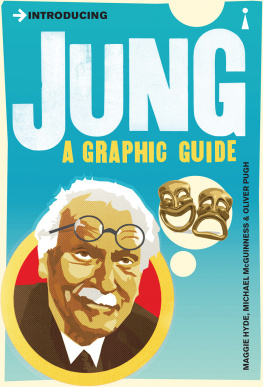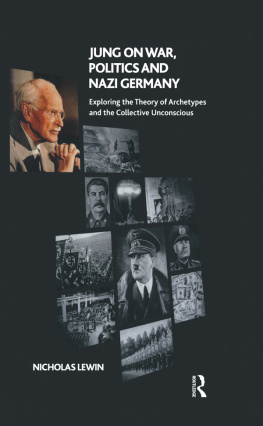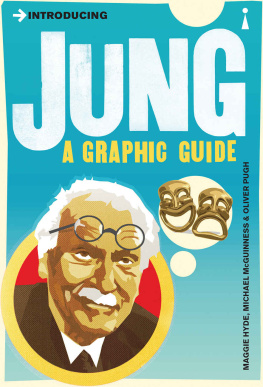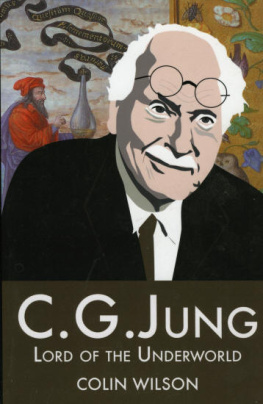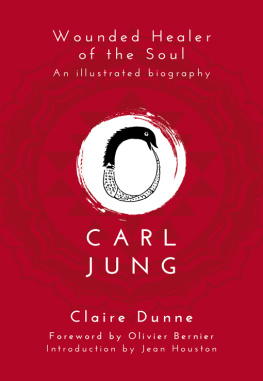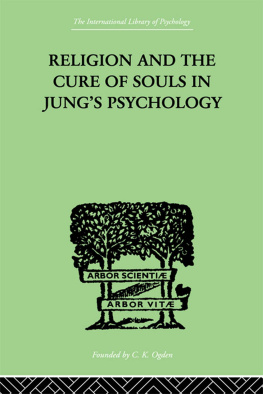Carl Jung - Psychology of the Unconscious
Here you can read online Carl Jung - Psychology of the Unconscious full text of the book (entire story) in english for free. Download pdf and epub, get meaning, cover and reviews about this ebook. year: 2021, genre: Religion. Description of the work, (preface) as well as reviews are available. Best literature library LitArk.com created for fans of good reading and offers a wide selection of genres:
Romance novel
Science fiction
Adventure
Detective
Science
History
Home and family
Prose
Art
Politics
Computer
Non-fiction
Religion
Business
Children
Humor
Choose a favorite category and find really read worthwhile books. Enjoy immersion in the world of imagination, feel the emotions of the characters or learn something new for yourself, make an fascinating discovery.
Psychology of the Unconscious: summary, description and annotation
We offer to read an annotation, description, summary or preface (depends on what the author of the book "Psychology of the Unconscious" wrote himself). If you haven't found the necessary information about the book — write in the comments, we will try to find it.
Psychology of the Unconscious — read online for free the complete book (whole text) full work
Below is the text of the book, divided by pages. System saving the place of the last page read, allows you to conveniently read the book "Psychology of the Unconscious" online for free, without having to search again every time where you left off. Put a bookmark, and you can go to the page where you finished reading at any time.
Font size:
Interval:
Bookmark:
Psychology of the Unconscious
A Study of the Transformations and Symbolisms of the Libido. A Contribution to the History of the Evolution of Thought
C. G. Jung

DR. C. G. JUNG
PSYCHOLOGY OF THE UNCONSCIOUS
PSYCHOLOGY OF THE UNCONSCIOUS
A Study of the Transformations and Symbolisms of the Libido
A Contribution to the History of the Evolution of Thought
BY
Dr. C. G. JUNG
Of the University of Zurich
AUTHORIZED TRANSLATION, WITH INTRODUCTION, BY
BEATRICE M. HINKLE, M.D.
Of the Neurological Department of Cornell University Medical School and of the New York Post Graduate Medical School
New York
All rights reserved
TRANSLATORS NOTE
T hat humanity is seeking a new message, a new light upon the meaning of life, and something tangible, as it were, with which it can work towards a larger understanding of itself and its relation to the universe, is a fact I think none will gainsay. Therefore, it has seemed to me particularly timely to introduce to the English-speaking world Dr. Jungs remarkable book, Wandlungen und Symbole der Libido. In this work he has plunged boldly into the treacherous sea of mythology and folklore, the productions of the ancient mind and that of the common people, and turned upon this vast material the same scientific and painstaking method of psychologic analysis that is applied to the modern mind, in order to reveal the common bond of desire and longing which unites all humanity, and thus bridge the gaps presumed to exist between ancient and widely separated peoples and those of our modern time. The discovery of this undercurrent affecting and influencing ancient peoples as well as modern serves as a foundation or platform from which he proceeds to hold aloft a new ideal, a new goal of attainment possible of achievement and which can be intellectually satisfying, as well as emotionally appealing: the goal of moral autonomy.
This book, remarkable for its erudition and the tremendous labor expended upon it, as well as for the new light which it sheds upon human life, its motives, its needs and its possibilities, is not one for desultory reading or superficial examination. Such an approach will prevent the reader from gaining anything of its real value; but for those who can bring a serious interest and willingness to give a careful study to it the work will prove to be a veritable mine capable of yielding the greatest riches.
The difficulties in translating a book such as this are almost insuperable, but I have tried faithfully to express Dr. Jungs thought, keeping as close to the original text as possible and, at the same time, rendering the difficult material and complicated German phrasing as simply and clearly as the subject-matter would allow. In all this work I owe much to Miss Helen I. Brayton, without whose faithful assistance the work would never have been completed. I wish to acknowledge my gratitude to Mr. Louis Untermeyer, whose help in rendering the poetic quotations into English verse has been invaluable, and to express as well my gratitude to other friends who have assisted me in various ways from time to time.
B. M. H.
New York, 1915.
AN INTRODUCTION TO PSYCHOANALYSIS AND ANALYTIC PSYCHOLOGY
W hen Professor Freud of Vienna made his early discoveries in the realm of the neuroses, and announced that the basis and origin of the various symptoms grouped under the terms hysteria and neuroses lay in unfulfilled desires and wishes, unexpressed and unknown to the patient for the most part, and concerned chiefly with the sexual instinct, it was not realized what far-reaching influence this unpopular and bitterly attacked theory would exert on the understanding of human life in general.
For this theory has so widened in its scope that its application has now extended beyond a particular group of pathologic states. It has in fact led to a new evaluation of the whole conduct of human life; a new comprehension has developed which explains those things which formerly were unexplained, and there is offered an understanding not only of the symptoms of a neurosis and the phenomena of conduct but the product of the mind as expressed in myths and religions.
This amazing growth has proceeded steadily in an ever-widening fashion despite opposition as violent as any of which we have knowledge in the past. The criticism originally directed towards the little understood and much disliked sexual conception now includes the further teachings of a psychology which by the application to it of such damning phrases as mystical, metaphysical and sacrilegious, is condemned as unscientific.
To add to the general confusion and misunderstanding surrounding this new school of thought there has arisen a division amongst the leaders themselves, so that there now exist two schools led respectively by Professor Sigmund Freud of Vienna and Dr. Carl Jung of Zurich, referred to in the literature as the Vienna School and the Zurich School.
It is very easy to understand that criticism and opposition should develop against a psychology so difficult of comprehension, and so disturbing to the ideas which have been held by humanity for ages; a psychology which furthermore requires a special technique as well as an observer trained to recognize and appreciate in psychologic phenomena a verification of the statement that there is no such thing as chance, and that every act and every expression has its own meaning, determined by the inner feelings and wishes of the individual.
It is not a simple matter to come out boldly and state that every individual is to a large extent the determiner of his own destiny, for only by poets and philosophers has this idea been put forthnot by science; and it is a brave act to make this statement with full consciousness of all its meaning, and to stand ready to prove it by scientific reasoning and procedure.
Developed entirely through empirical investigation and through an analysis of individual cases, Freudian psychology seems particularly to belong to that conception of Max Mllers that An empirical acquaintance with facts rises to a scientific knowledge of facts as soon as the mind discovers beneath the multiplicity of single productions the unity of an organic system. [1]
Psychoanalysis is the name given to the method developed for reaching down into the hidden depths of the individual to bring to light the underlying motives and determinants of his symptoms and attitudes, and to reveal the unconscious tendencies which lie behind actions and reactions and which influence development and determine the relations of life itself. The result of digging down into the hidden psyche has been to produce a mass of material from below the threshold of consciousness, so astonishing and disturbing and out of relation with the previously held values, as to arouse in any one unfamiliar with the process the strongest antagonism and criticism.
Although originally studied only as a therapeutic method for the sick it was soon realized through an analysis of normal people how slight were the differences in the content of the unconscious of the sick and of the normal. The differences observed were seen to be rather in the reactions to life and to the conflicts produced by contending forces in the individual.
These conflicts, usually not fully perceived by the individual, and having to do with objectionable desires and wishes that are not in keeping with the conscious idea of self, produce marked effects which are expressed either in certain opinions, prejudices, attitudes of conduct, faulty actions, or in some definite pathologic symptom. As Dr. Jung says, he who remains healthy has to struggle with the same complexes that cause the neurotic to fall ill.
Next pageFont size:
Interval:
Bookmark:
Similar books «Psychology of the Unconscious»
Look at similar books to Psychology of the Unconscious. We have selected literature similar in name and meaning in the hope of providing readers with more options to find new, interesting, not yet read works.
Discussion, reviews of the book Psychology of the Unconscious and just readers' own opinions. Leave your comments, write what you think about the work, its meaning or the main characters. Specify what exactly you liked and what you didn't like, and why you think so.

